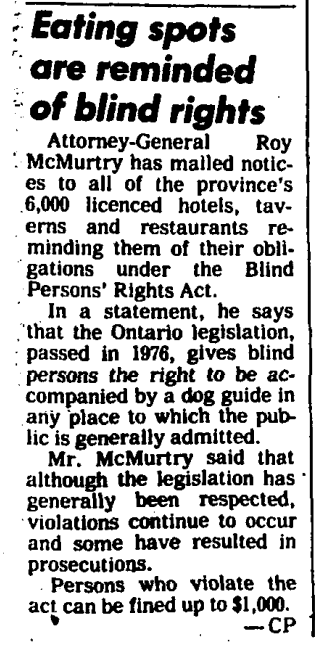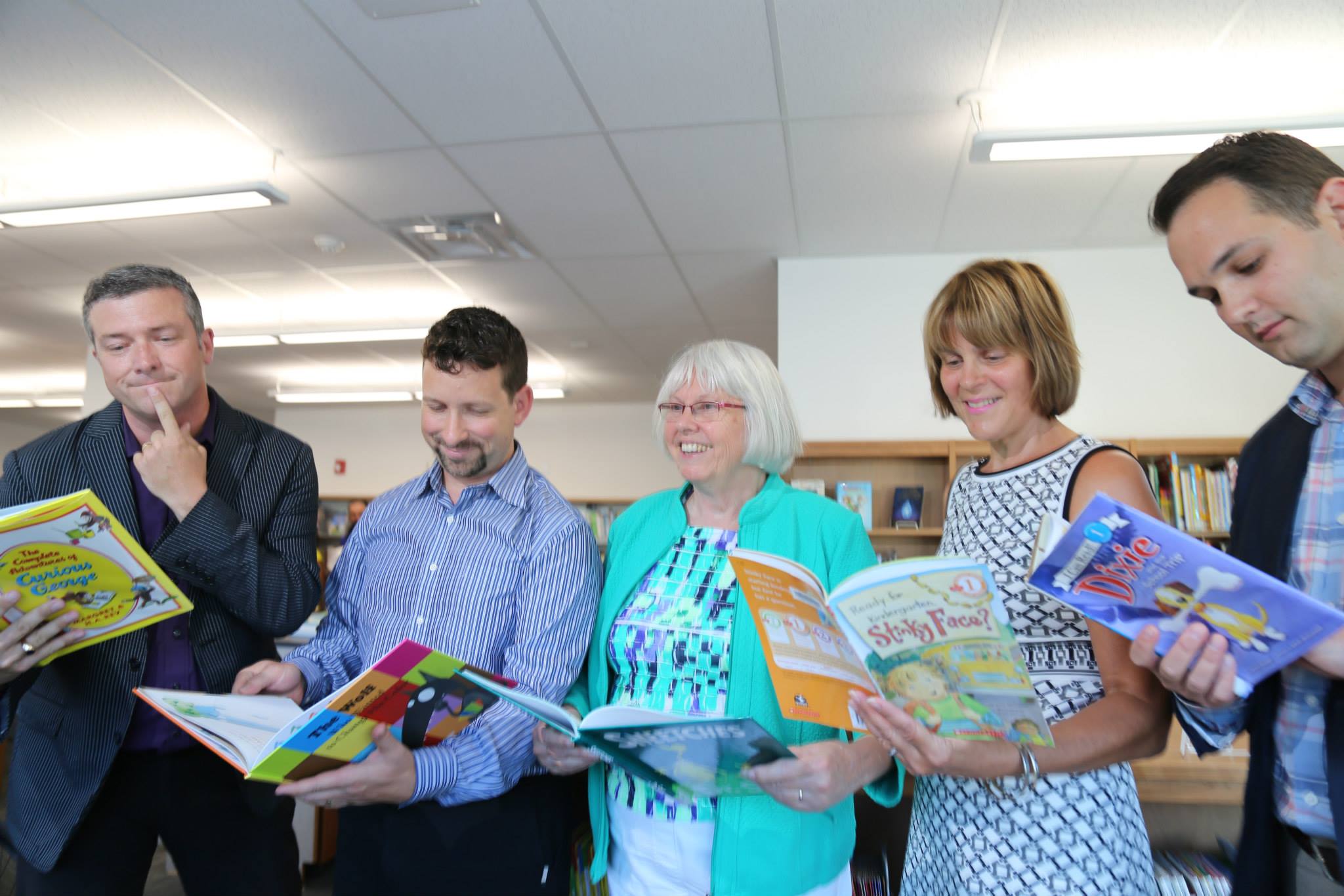A decrease in Chinese languages spoken in Ottawa could be connected to Canada’s new Express Entry visa. The visa prioritizes applications of immigrants who can speak English or French. Canada has accepted more immigrants from English speaking countries such as India and the Philippines. Rupert Yeung the Director of the Ottawa Chinese Immigrant Services commented that, “Immigrants from these two countries are now at the top of the list and China has dropped off to the third place. But immigrants from China will continue to come to Canada, attracted by Canada’s superior education system, rule of law, human rights and freedom and above all, its clean air and environment.”
Linguistic Growth in Ottawa
Chinese n.o.s. (not otherwise specified) decreased by a staggering -1376 per cent. Chinese n.o.s. languages include Mandarin, Cantonese, Hakka, Taiwanese, Chaochow, Fukien or Shanghainese. Despite the decrease, Chinese immigrants are immigrating to Ottawa at a high rate, as reflected in the 51 per cent increase in Mandarin. Statistics Canada.
An 11 per cent increase in Arabic spoken in Ottawa is partially due to the federal government’s decision to bring a significant number of Syrian refugees to Canada. Ottawa has resettled over 3,000 Syrian refugees since 2015. Syria was the third most accepted country for permanent resident applicants in 2016.
According to Hassan Ezdahmad, Program Coordinator of the Services for Syrian Refugees Program, most Syrian refugees arrive with little English language skills. His program operates on an annual contract with the federal government. Ezdahmad worries about how clients who access services such as language programs and employment training would be affected if the contract isn’t renewed next year. “It’s very challenging to develop programs annually,” said Ezdahmad. “We know Canada is a country of immigrants and will always have newcomers. It’s critical that the newcomers you are inviting will find the proper environment to succeed.”
Top 10 most spoken languages in Ottawa from 2011-2016
According to Key Results from the 2016 Census, Stats Can pointed out that 1,212,075 new immigrants were settled in Canada from 2011-2016. Of that number about 37,890 new immigrants arrived in the Ottawa-Gatineau region.
Check out the Excel Spreadsheet.
For this piece I started out by combing through the Census data set. I thought looking at language diversity in Ottawa would be interesting. I isolated the top ten highest number of non-official languages, and the top ten mother tongue languages in Ottawa. After my feedback from Mr. McKie, I compared the top 10 non-official languages from 2011 to the top 10 non-official languages in 2016 in Ottawa. This rendered much more interesting results. I found that Arabic had increased by 11 per cent, and Chinese n.o.s. had decreased by more than a thousand per cent.
I reached out to Rupert Yeung of the Ottawa Chinese Immigrant Services, and asked him for his opinion on why there was a huge decrease in Chinese n.o.s. language. He mentioned that the Skilled Worker visa was affecting Chinese immigrants, because of its emphasis on English language skills. I researched his response by looking at the Express Entry Visa Year-End Report 2016. His comments were accurate—as India and Philippines, two English speaking countries, were the most accepted permanent residents on the skilled worker visa. This fact contributed to the decrease in Chinese immigrants and the decrease in Chinese n.o.s. spoken in Ottawa. Mr. Yeung also pointed out that Syrian refugee resettlement could contribute to a higher number of Arabic language spoken in Ottawa.
From there I met with Hassan Ezdahmad, the Program Coordinator of the Services for Syrian Refugees Program to hear more about the impact Syrian refugees have on the linguistic diversity in Ottawa. He mentioned that most Syrian refugees have little English skills. After hearing this I looked at IRCC’s data set referring to language abilities of Syrian refugees. I found that most Syrian refugees speak Arabic as their first language. (While this may be obvious, it was important to me to be able to have the proof in the dataset).






